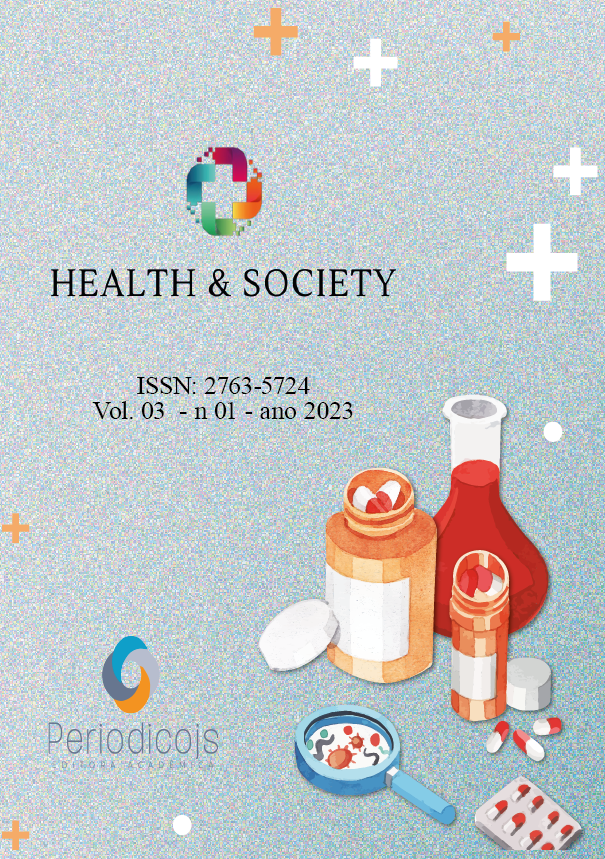Abstract
The novel coronavirus disease (COVID-19), first reported in China, quickly reached global proportions, which triggered a wave of compulsory confinements imposed by governments in order to ease the pandemic. In this scenario, patients, health workers and the general population are under insurmountable psychological pressure, which can lead to mental health problems, such as depression, anxiety, insomnia. In Brazil, the largest number of cases of the disease were notified in the city of São Paulo. With this in mind, an observational study of individuals participating in the Longitudinal Study of Adult Health (ELSA-Brasil) was proposed, which seeks to analyze and monitor the mental health of 4150 patients during the period of social isolation and restricted commuting, as well as registering their evolution when submitted to psychoeducation and psychotherapy, looking for prevalences of associated psychiatric symptoms. In this study, individuals who sought psychological assistance, who scored with higher levels of severity and had significant worsening in the depression scale will be submitted to online psychotherapeutic sessions, guided by professionals in the fields of Psychiatry and Psychology. Based on this proposal, the possibility of using Telemedicine follows, more specifically, Telepsychiatry and Telepsychology, whose use underwent new revisions in March and April by CFM and CFP, respectively, which involved their exceptional release during the COVID-19 pandemic. With this, the broader use of these means for the follow-up of ELSA patients is sought, through the exploration of new platforms and their application to the exposed context.
References
Koh G. F1000Prime recommendation of Report of the WHO-China Joint Mission on Coronavirus Disease 2019 (COVID-19) [Internet]. F1000 -Post-publication peer review of the biomedical literature. 2020. Available from: http://dx.doi.org/10.3410/f.737509210.793572110
Tan SC. Clinical and epidemiological characteristics of Coronavirus Disease 2019 (COVID-19) patients [Internet]. Available from: http://dx.doi.rg/10.1101/2020.04.02.20050989
Li W, Yang Y, Liu Z-H, Zhao Y-J, Zhang Q, Zhang L, et al. Progression of Mental Health Services during the COVID-19 Outbreak in China [Internet]. Vol. 16, International Journal of Biological Sciences. 2020. p. 1732–8. Available from: http://dx.doi.org/10.7150/ijbs.45120
Liu S, Yang L, Zhang C, Xiang Y-T, Liu Z, Hu S, et al. Online mental health services in China during the COVID-19 outbreak [Internet]. Vol. 7, The Lancet Psychiatry. 2020. p. e17–8. Available from: http://dx.doi.org/10.1016/s2215-0366(20)30077-8
Lotufo PA. The Brazilian Longitudinal Study of Adult Health (ELSA-Brasil): the best science is providing health for all. Sao Paulo Med J. 2018 Nov;136(6):499–500.
Zou JB, Dear BF, Titov N, Lorian CN, Johnston L, Spence J, et al. Brief internet-delivered cognitive behavioral therapy for anxiety in older adults: a feasibility trial. J Anxiety Disord. 2012 Aug;26(6):650–5.

This work is licensed under a Creative Commons Attribution 4.0 International License.
Copyright (c) 2023 Janailton Carlos L Pinheiro Muniz





